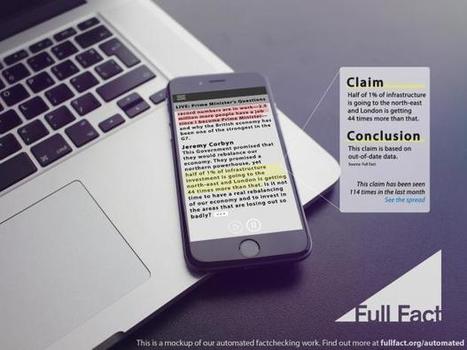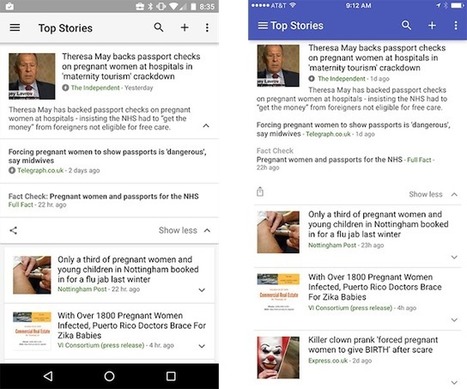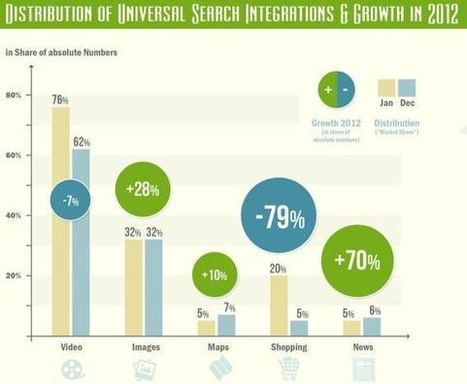You don’t have to wait months or years to get high rankings in Google. Through Google News, you can instantly shoot up to page 1 of Google.
Now Google already gives you a set of guidelines, but here is what I found is effective:
1. You have to write news worthy content – if you are struggling to find news content you can go to Google Trends or any popular news site to see what’s hot.
2. Create a Google News Sitemap – through the Yoast SEO plugin you can create a sitemap. This way when you have news worthy content they will pick it up faster.
3. Your URL structure has to be unique – if you don’t have news related keywords within your URL you are less likely to rank. By having specific keywords you will shoot up to the top for news related queries.
In addition to that, follow the guidelines Google News gives and you will be fine.
Research and publish the best content.
Get Started for FREE
Sign up with Facebook Sign up with X
I don't have a Facebook or a X account
Already have an account: Login
Social marketing, PR insight & thought leadership - from The PR Coach
Curated by
Jeff Domansky
 Your new post is loading... Your new post is loading...
 Your new post is loading... Your new post is loading...

Com.it's curator insight,
November 18, 2016 5:47 PM
Google ha accedido a crear un proyecto que desarrolle un método para validar los hechos, y así poder detectar noticias falsas.

EL OBSERVATORIO DIGITAL's curator insight,
November 20, 2016 5:03 PM
Google accede a crear un método para validar los hechos y detectar falsas noticias.
|

John Andrews's curator insight,
July 10, 2017 7:56 AM
Which jobs will become part of the 'useless class' (Sapiens). Don't think its just manual labor.
|
















Neil Patel shares tips on getting ranked on page one through Google News.